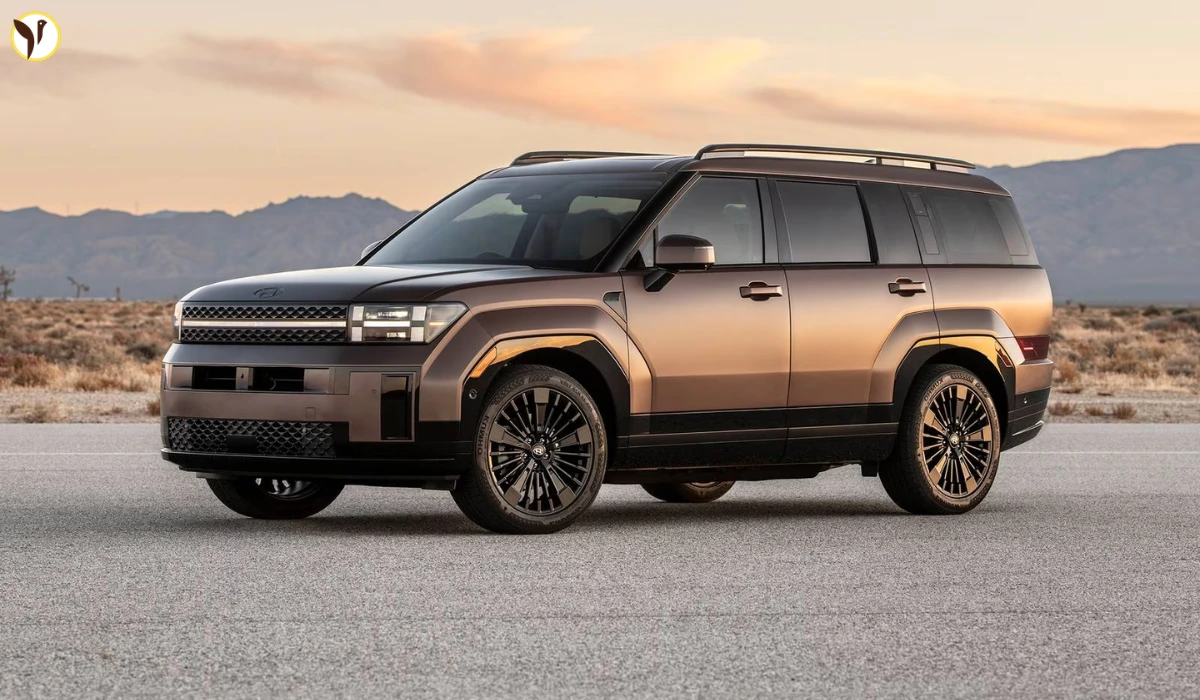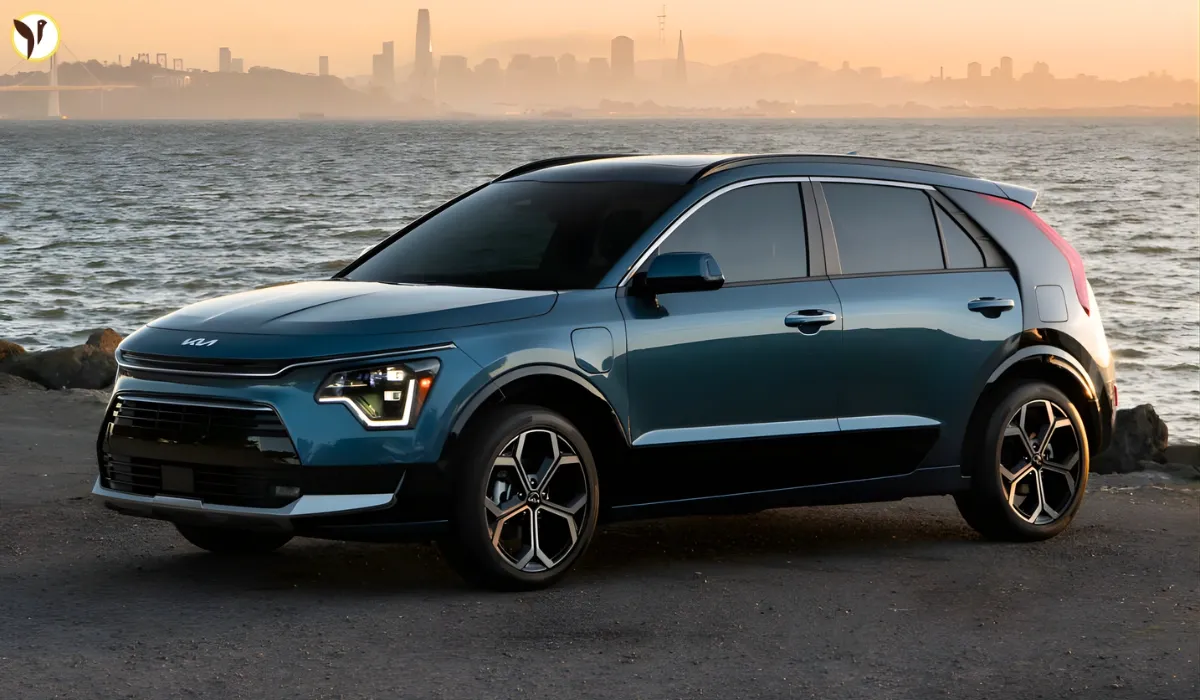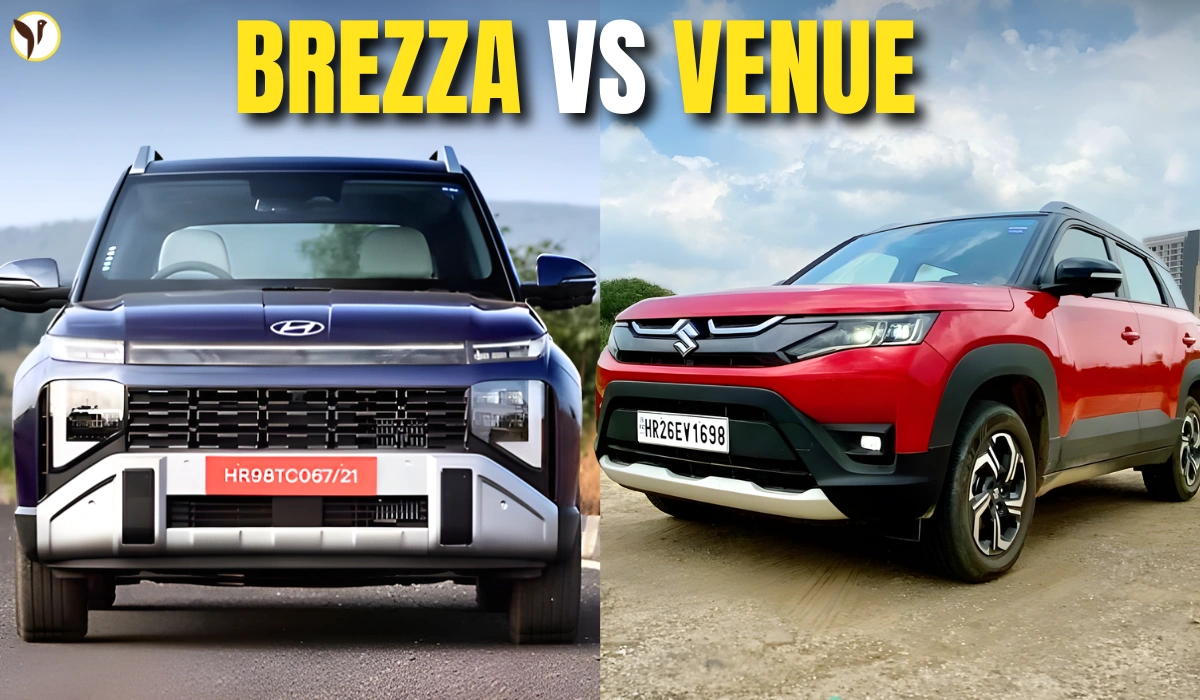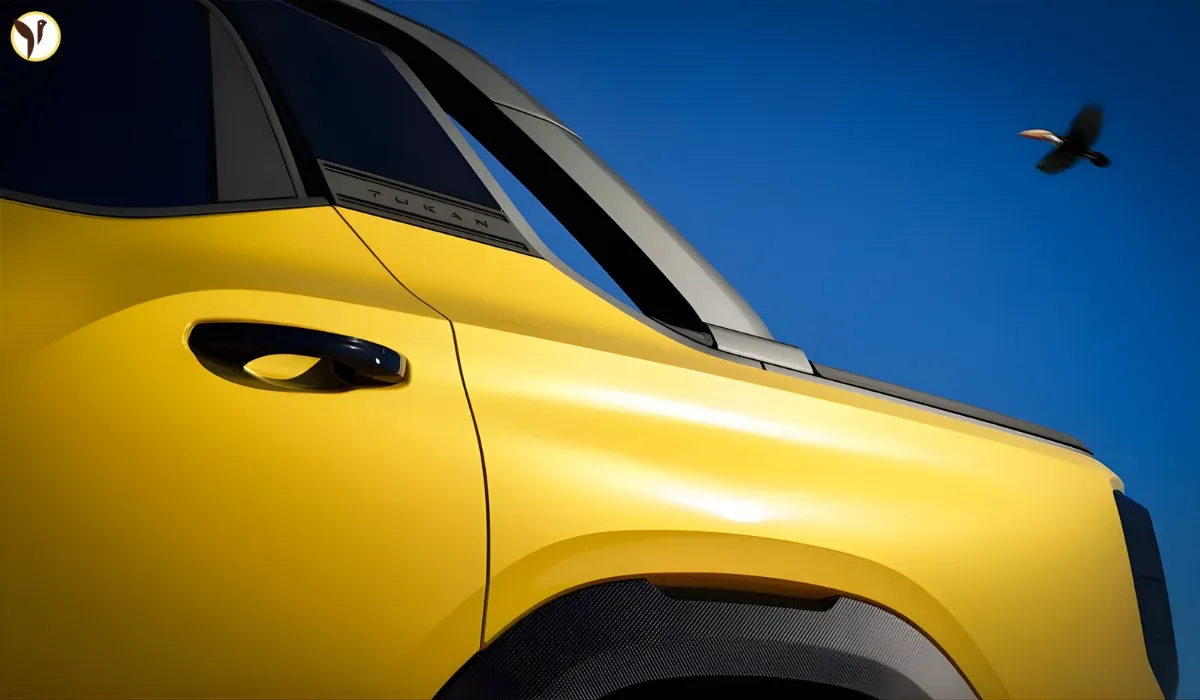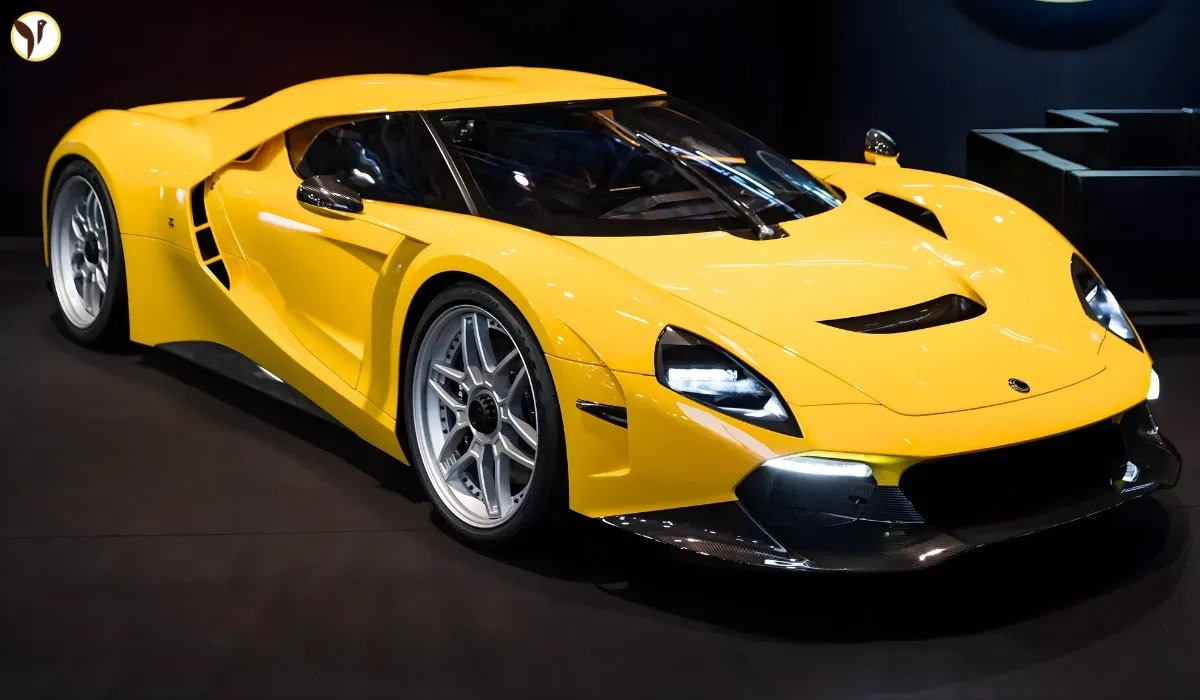Hyundai is about to make a significant change to the 2026 Santa Fe - and it's one that drivers will recognize. The company is officially scrapping its 8-speed dual-clutch transmission (DCT) completely and is going with a more traditional torque-converter automatic in models with the 2.5-liter turbocharged engine.
This comes on the heels of all sorts of complaints and a significant recall where he DCT was discovered to be inoperative. So now, Hyundai is going back to the basics. It's the sort of modification that may not reverberate or generate excitement across the automotive world, but, if you've ever been in an uncomfortable gear shift situation, or made dubious parking decisions, you will understand why this is important.
What Went Wrong With the Dual-Clutch Transmission?
When first introduced, Hyundai's dual-clutch transmission sounded like a win. It was intended to deliver quick shifts along with fuel economy. For many drivers, however, it simply became a source of frustration. Reports began to roll in that the DCT could get the vehicle to move while it was put in park.
Not just a nuisance. A safety concern. The recall was for about 12,000 Santa Fe's, and some owners even had the entire transmissions replaced. For a family SUV that is suppose to be trust worthy, this type of issue does not breed confidence with drivers.
The main complaints by DCT users consisted of:
- Jerky, low-speed shifts
- Hesitation during acceleration
- Vehicle movement while parked
- Expensive, repair and replacement options
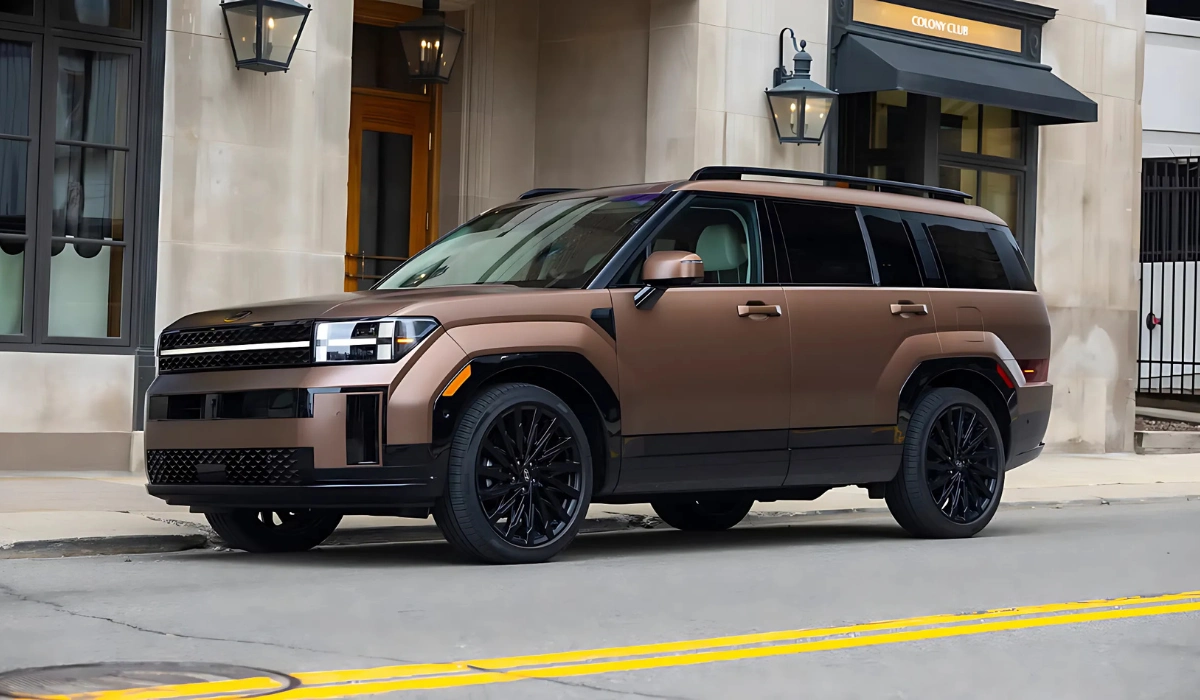
A Smarter Switch: Why the Torque-Converter is a Better Fit
Hyundai's shift into a torque-converter automatic could sound a little old school, but it's the right switch. Torque-converter automatics have long been known for smooth shifting, less complexity, and better reliability in stop-and-go traffic--perfect for daily drivers, and families.
Sure, it'll give up a smidge of fuel efficiency and sporty response, but will more than make up for it with dependability and peace of mind. Hyundai is telling all of us that this shift will improve overall drivability, and frankly, they are keeping in mind that normal consumers only care about a car's drivability.
Why torque-converter wins in daily driving:
- Smoother shifting, especially at slower speeds
- Better long-term reliability
- Fewer electronic/software failures
- Easier to repair and less expensive to repair.
What About the Hybrid or the Kia Sorento?
If you are wondering about the Santa Fe Hybrid, not to worry, it uses a different 6-speed automatic transmission which has had no issues known to date. Hyundai confirmed that this will not be affected by this change.
On the flip side, Kia noted that it would not go down the path of the Sorento for the 2026 model. Although both share the same DCT, that might worry some Kia buyers moving forward. So far, the swagger on the Kia side seems to convey absolute confidence in the performance and reliability of its version.
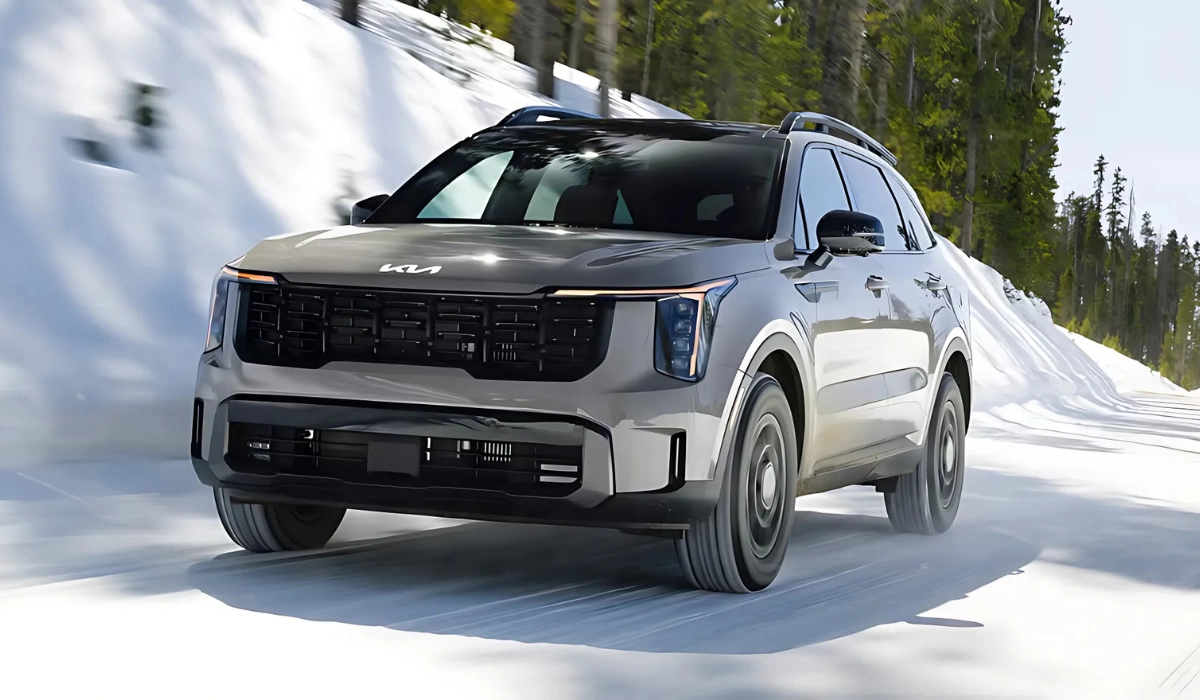
2026 Hyundai Santa Fe Turbo (2.5L) – Key Specifications
|
|
|
|
|
|
|
|
|
|
|
|
|
|
|
|
|
|
|
|
|
|
|
|
|
|
|
Why This Matters to Drivers
This update places a special emphasis on how Hyundai listening to real-world feedback. They are not sticking with a transmission that caused undue stress for Hyundai owners but instead, they are taking a thoughtful approach to the issue for their drivers' comfort, reliability, and safety.
Whether you are a parent using your Santa Fe as an Uber for your kids school runs, a commuter juggling stop-and-go traffic, or someone who wants to take your family on road trips across the states—this update will do what you would expect before: give you, the driver, a much smoother more confident driving experience.
This isn't just another mechanical temp fix—this is Hyundai demonstrating that they are listening.
Conclusion
Hyundai's decision to discontinue the dual-clutch transmission in the 2026 Santa Fe isn't just an update, it signals that today's automakers must move beyond what they think the consumer wants and adapt to what customers are experiencing in real-world scenarios. After a costly recall that followed hundreds of complaints, the manufacturer is confidently moving toward to a simplified, proven solution.
If you are a driver in the United States that has to suffer through stop and go traffic to get home or if you're a family man or woman trying to make highway living palatable, the new torque-converter automatic will provide for a smoother, safer, and more predictable driving experience. It may not be the headline grabbing news of a sport-tuned suspension, but it's the kind of improvement that has tangible and immediate benefits after years of ownership.
So, if you're considering buying a 2026 Santa Fe, you can now say "better transmission" is another one of our several reasons for why Hyundai has got it right.
Source(Image / Thumbnail): caranddriver
